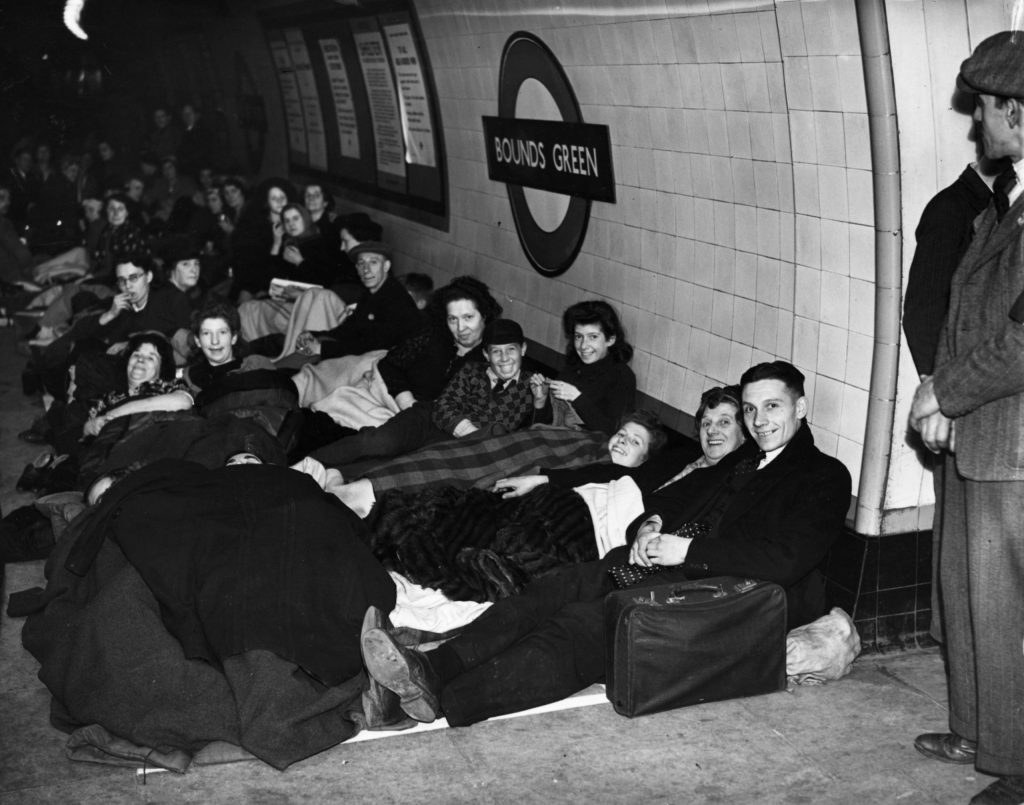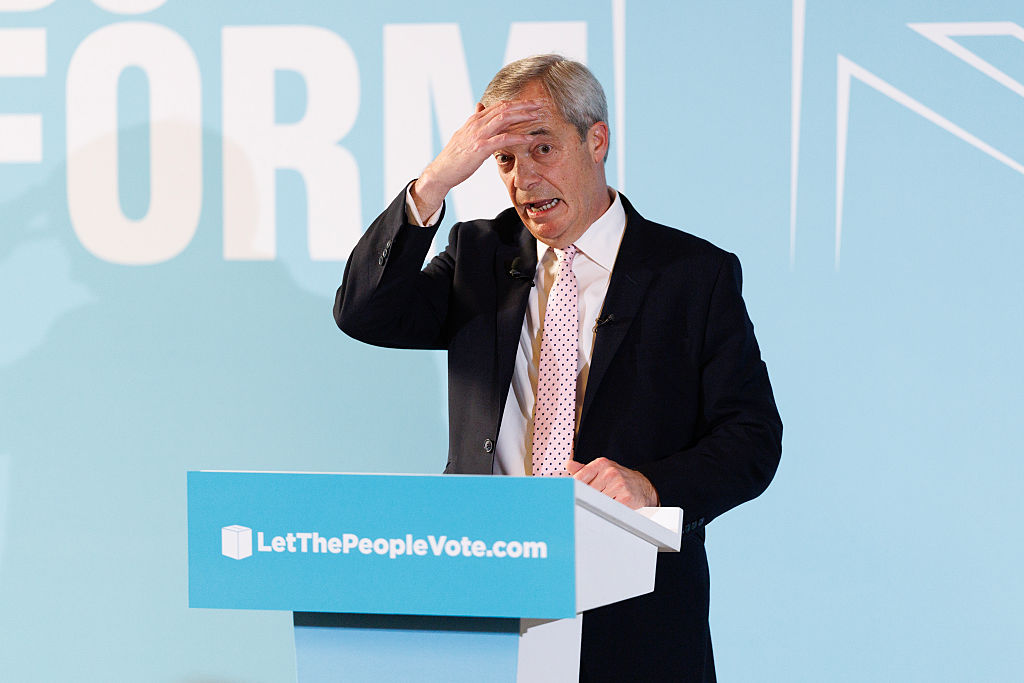Seven weeks confined to a city apartment changes a man. Trees, for example, have never been a particular passion of mine but recently I’ve spent many happy moments studying the plane tree outside my bedroom window, and in particular the magpies’ nest therein.
On Saturday a baby magpie emerged from the nest and edged tentatively along a branch. There it stayed for several minutes until it retreated to the security of its nest.
On Sunday, the Observer reported that a similar nervousness now afflicts the British. According to the paper, fewer than one in five of the public believe the time is right to end the lockdown. Britain is not alone in its apprehension. A poll last week in the US reported that 75 percent of the country want their lockdown to continue, and two-thirds of those canvassed in France admitted to trepidation ahead of their ‘deconfinement’ next Monday. In Ireland, an influential think tank reported yesterday that most of the country is ‘really quite nervous about restrictions being lifted’.
Don’t blame the people so much as their governments and the media, whose ‘stay at home’ narrative has been so relentlessly, and skillfully, pushed that people are now scared to do otherwise. This shouldn’t be a surprise. As any propagandist worth their salt will explain, fear is an emotion easily aroused among the masses.
Britain deployed ‘atrocity propaganda’ at the start of the first world war with newspaper reports of ‘Huns’ bayoneting babies and raping nuns in Belgium and warnings of spies on every street corner. Graham Greene, a schoolboy in Hertfordshire in 1914, recalled in his memoirs:
‘There were dramatic incidents even in Berkhamsted. A German master was denounced to my father as a spy because he had been seen under the railway bridge without a hat, [and] a dachshund was stoned in the High Street.’
King George V felt obliged to change the house name from Saxe-Coburg and Gotha to Windsor to reassure his people where his loyalties lay.
In the 1930s Joseph Goebbels, the Nazi party’s Minister of Information whipped up fear within Germany of the country’s Jews, a fear from which would spring a terrible hatred. There was similar bigotry between USA and Japan, each protagonist using crude racial stereotypes to instill a fear and loathing in the people of their enemy.
As recently as 2002, Tony Blair’s government declared that Iraq was 45 minutes from launching weapons of mass destruction, a claim made to scare the British people into supporting military action against Saddam Hussein.
The fear created in war usually unites a country and is good for morale. That’s not the case with coronavirus. Social distancing doesn’t do much for an esprit de corps. Even when the governments tell us that the virus is beaten, how we will know? There will be no Armistice, no peace treaty, no noble words about reconciliation; rather there will be face masks, hand gel, the two-meter rule, and terror whenever we hear someone cough.
Contrary to the myth that has grown in recent decades, there were plenty of Britons with a nervous disposition during the war. Health minister Matt Hancock can’t be blamed for evoking the ‘Blitz spirit’ in a rallying cry to the nation in March, but not everyone took the Luftwaffe bombs with a stiff upper lip. While most followed official advice in taking refuge during air raids in surface shelters, tens of thousands descended into the London Underground each evening.
Winston Churchill’s government disapproved. They feared that once people hunkered down on tube platforms they wouldn’t emerge. In warning against the development of a ‘deep shelter mentality’, Sir John Anderson, the home secretary in June 1940, said it ‘affected the morale and spirit of the people’.
Anderson’s successor as home secretary, Herbert Morrison, remarked in a parliamentary debate on October 10, 1940, that the calls for deep shelters in other major cities ‘were being demanded by some people for mischievous political reasons, sometimes by people who were not anxious to help the country in its war effort and sometimes in ways which were almost Fifth Column in effect’.
Has a deep shelter mentality developed among some people today, and might some people exploit it for mischievous political reasons? The surveys suggest that it has. A report in Monday’s Guardian said that trade unions will stage walkouts post lockdown if they think workers are at risk, while Labour leader Keir Starmer has called for a ‘national safety standard’ for businesses, schools and public services to reassure the public it’s safe to return to work.
Not that union leaders will need to much in the way of persuasion. So effectively have governments scared their people with the ‘stay at home’ message that that is what they will do, regardless of when the all-clear is sounded.
Some magpie courage is needed, but it may take time for people to summon up the courage to emerge from their nests.
This article was originally published onThe Spectator’s UK website.

























